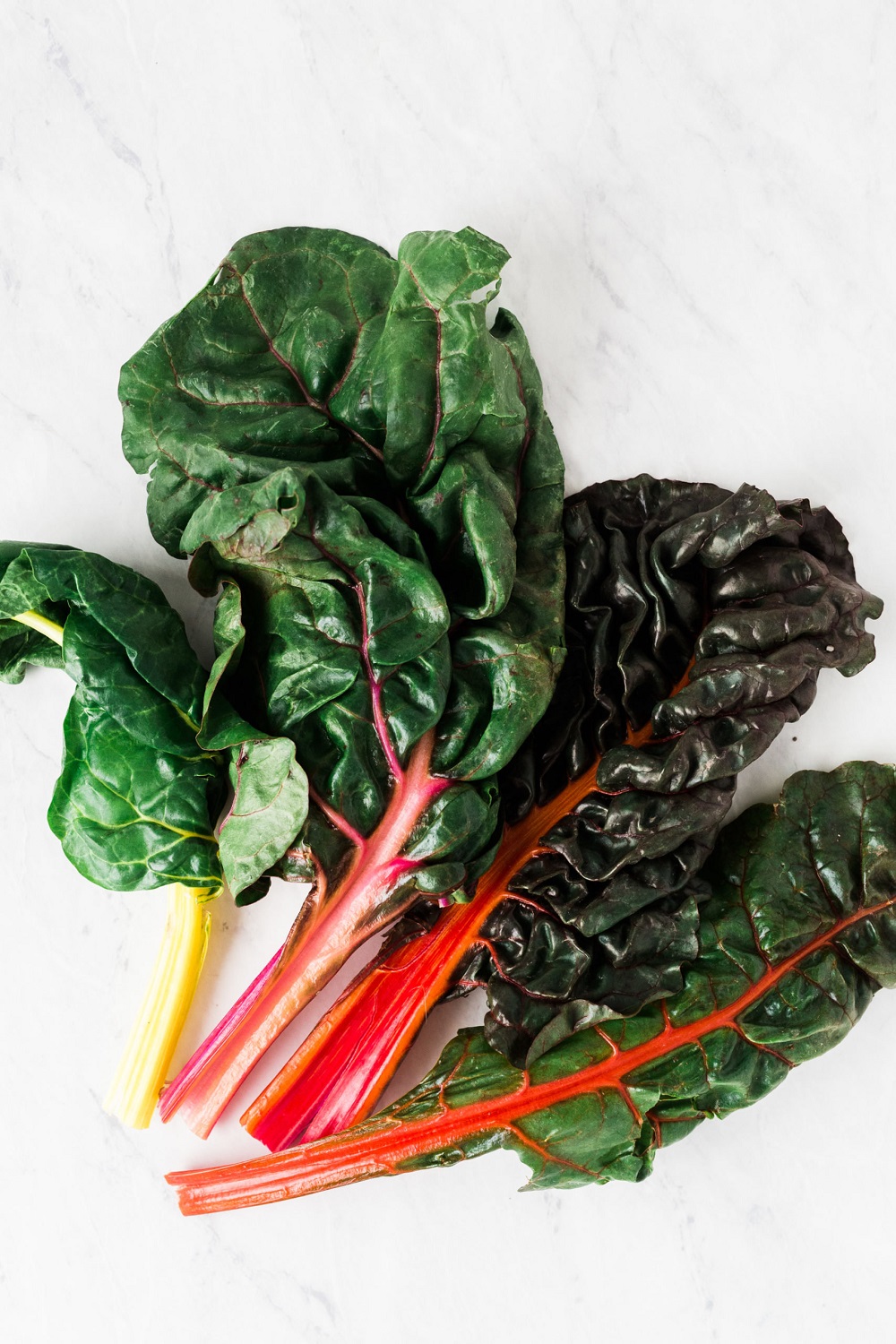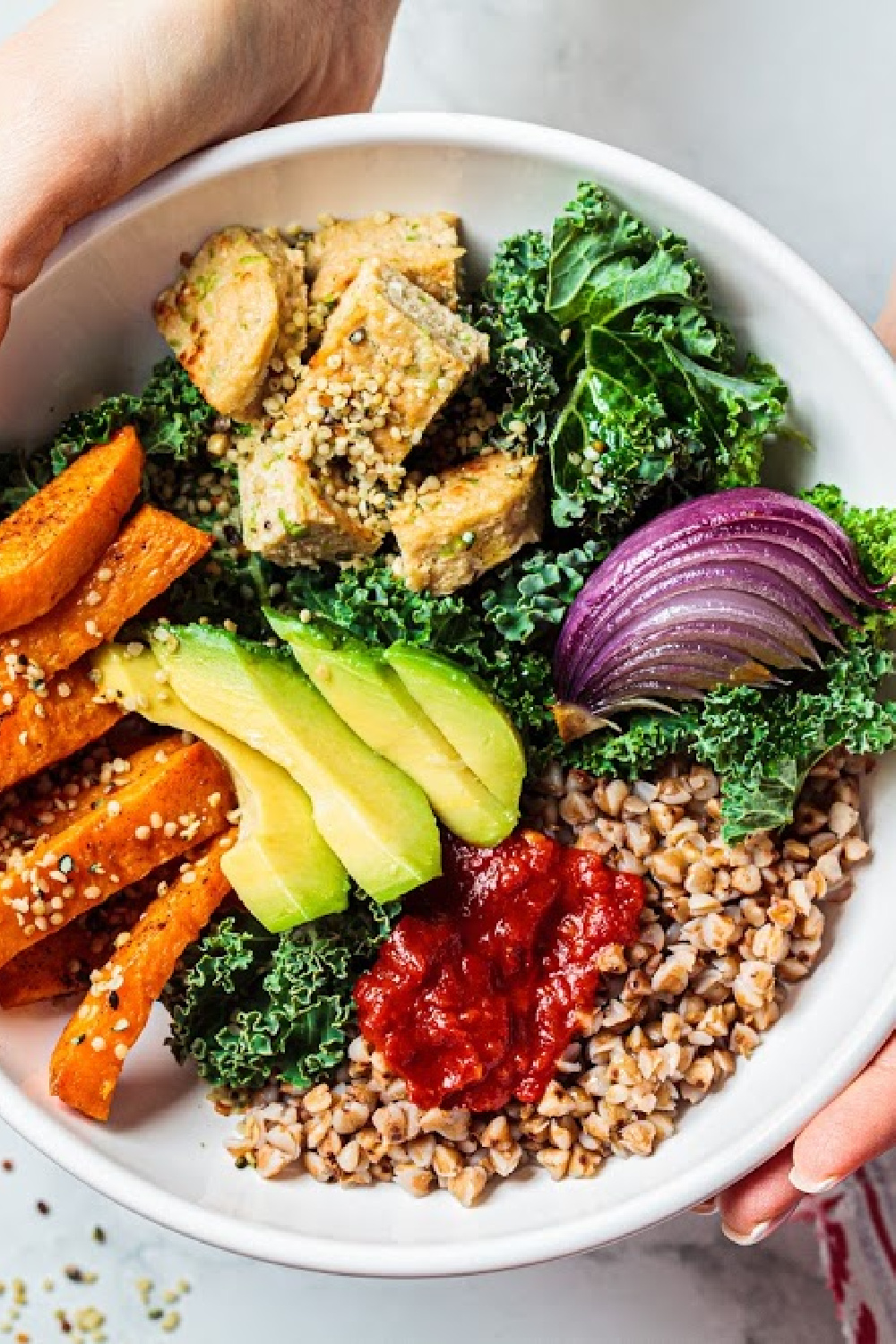5 Painless Ways to Eat More Plants Every Day
40 Best DIY Gift Ideas for Any Occasion
50 Gorgeous Handcrafted Wreaths on Etsy
10 Festive Christmas Simmer Pot Recipes
40 Dollar Store DIY Fall DÉcor Ideas
40 Easy Rotisserie Chicken Shortcut Meals
60 Christmas Cookies for Every Taste
Gift Guides for Everyone on Your List
55 Best Harry Potter Party Hacks
Make the most of fall and the holiday season with our best décor ideas, recipes, gift ideas & more.
SEe What's Trending
Learn More ›
Clean everything in your home from your clothes and sheets to your shower curtain, vents - even the inside of your washing machine - with simple short-cuts using all-natural cleaning products.
Available in paperback and
Kindle. editions.
Get the cleaning hacks book
Natural Cleaning
Home DÉcor
Christmas
Thanksgiving
Halloween
Fall
Recipes
Top Categories
More About Me ›
Hi, I'm Sarah! I share all the best recipes, lifestyle tips, décor ideas & more to help you live your best life, naturally. Come for meal ideas and life hacks, and stay for updates and community.
sarah blooms!
welcome to
Gift Guides
Discover simple strategies to incorporate more plant-based foods into your diet without sacrificing taste or convenience with our Top 5 Painless Ways to Eat More Plants Every Day.

Eating more plants has been linked to numerous health benefits, such as reduced risk of chronic diseases and better overall health.
Despite the benefits, many people still struggle to incorporate more plants into their diets.
Honestly, I used to be the same way. I liked processed convenience and “junk” foods, and my tastes couldn’t handle fresh foods on a regular basis.
Sometimes, in the summertime, I would enjoy salads and fruits, but the salads often contained loads of cheese and other goodies and not so much fresh veg.
Eventually, I was able to make the change by making small changes that added up over time. Now, I have veggies with almost every meal, and I love it!
Today, I’m going to share the painless methods I used to form a new habit and eat more plants every day. You’ll learn how to make plant-based eating a part of your daily routine without feeling overwhelmed or deprived.
With the right tools and mindset, anyone can make the transition to a more plant-based diet and reap the benefits of a healthier, more sustainable lifestyle.
More healthy eating tips:
30 Brilliant Ways to Eat Healthy on a Budget
35 Healthy Starbucks Copycat Drinks You Can Make at Home
40 Chicken Shortcut Meals You Can Make with a $5 Rotisserie Chicken
Contents
Better for Your Health
According to a study published in the Journal of the American Heart Association, a plant-based diet can reduce the risk of heart disease by up to 32%.
Another study published in JAMA Internal Medicine found that a plant-based diet can lower the risk of type 2 diabetes by 23%.
Moreover, plant-based diets are also associated with lower rates of obesity, certain types of cancer, and improved overall health.
Better for the Environment
Eating more plants isn’t just good for your health. You might be surprised to learn it’s also good for the planet in several ways. Here are a few examples:
Reduced Greenhouse Gas Emissions
Plant-based diets generally have a lower carbon footprint than meat-based diets.
This is because animal agriculture is a significant source of greenhouse gas emissions, particularly methane, which is a potent greenhouse gas that contributes to climate change.
By reducing our meat consumption and increasing our intake of plant-based foods, we can help reduce greenhouse gas emissions and mitigate climate change.
Preservation of Natural Resources
Plant-based diets require less land, water, and other natural resources than meat-based diets.
Raising livestock for meat production requires large amounts of land, water, and feed. This can lead to deforestation, water depletion, and soil degradation.
In contrast, plant-based diets require fewer resources and can help preserve natural habitats and biodiversity.
Reduced Food Waste
Plant-based diets can also help reduce food waste. A significant amount of food waste occurs in the meat and dairy industries, from production to processing to retail.
By reducing our meat consumption and choosing plant-based foods, we can help reduce food waste and promote more sustainable food systems.
Overall, incorporating more plant-based foods into our diets can have significant environmental benefits, from reducing greenhouse gas emissions to preserving natural resources to reducing food waste.
By making conscious choices and adopting a plant-based diet, we can contribute to a more sustainable future for ourselves and for generations to come.
Painless Ways to Eat More Plants Every Day
1. Start with Small Changes
One of the most effective ways to incorporate more plants into your diet is to start with small changes. Gradually increasing your plant intake over time can help you adjust to the change and make it more sustainable in the long run.
One simple way to start is by making simple swaps in your meals. For example, you can substitute meat with beans or lentils in your favorite recipes. This can help you reduce your intake of animal products while still getting the protein you need.
Another way to increase your plant intake is by incorporating more vegetables and fruits in your meals. Aim to have at least half of your plate filled with fruits and vegetables at every meal. You can also experiment with new vegetables and fruits to add variety to your diet.
If you find it challenging to eat more vegetables and fruits, try adding them to your meals in creative ways. For instance, you can add chopped vegetables to your morning omelet or blend some fruits into your smoothies.
With small changes like these, you can easily incorporate more plants into your diet without feeling overwhelmed.
2. Experiment with New Recipes
Experimenting with new plant-based recipes is a great way to incorporate more plants into your diet. There are countless plant-based recipes available online, from simple salads to more complex dishes. Trying out new recipes can help you discover new flavors and ingredients that you might not have tried before.
One way to make plant-based eating more exciting is to explore different cuisines. Many cultures have traditional plant-based dishes that are packed with flavor and nutrients. For example, Indian cuisine is known for its delicious vegetable curries, while Mediterranean cuisine offers a variety of vegetable-based dips and spreads.
Making cooking and eating plants more fun can also make it easier to stick to a plant-based diet. Try involving your friends or family in meal preparation and make it a fun activity to cook together. You can also experiment with different cooking techniques and ingredients to make your meals more interesting.
In addition, don’t be afraid to get creative with your plant-based meals. You can experiment with different flavors, spices, and seasonings to create new and exciting dishes. With some creativity and a willingness to try new things, you can make plant-based eating an enjoyable and sustainable part of your lifestyle.
Plant-Based Meal Ideas:
15 Fruity Vegan Smoothie Bowls for a Healthy Start to Your Day
75 Healthy and Delicious Vegan Cookout Recipes for Summer
100 Healthy Vegan Chickpea Recipes You Will Love – Even Desserts!

3. Find Plant-Based Alternatives
Finding plant-based alternatives to your favorite dishes is another great way to incorporate more plants into your diet. Nowadays, there are numerous plant-based alternatives available in grocery stores and restaurants, from veggie burgers to vegan cheese. Look for plant-based options that appeal to your taste buds and dietary preferences.
In addition, you can also choose plant-based snacks to satisfy your cravings throughout the day. Nuts, seeds, and fruits are all great options that are easy to take on the go. They are also packed with nutrients and can help you stay energized throughout the day.
When choosing plant-based alternatives, be sure to read labels and look for ingredients that are healthy and nutritious. Many plant-based alternatives can be highly processed and loaded with additives, so it’s important to choose options that are minimally processed and made with whole foods.
By finding plant-based alternatives to your favorite dishes and snacks, you can make it easier to incorporate more plants into your diet without feeling deprived. With so many delicious and nutritious options available, there has never been a better time to try out a plant-based diet.
Plant-Based Alternatives:
40 Best Veggie Burger Recipes Even Vegans Will Love
40 Incredible Vegan Overnight Oats Perfect for Busy Mornings
4. Make Plant-Based Eating Convenient
Making plant-based eating convenient is essential for successfully incorporating more plants into your diet. By planning ahead and making healthy choices easily accessible, you can make it easier to stick to a plant-based diet.
Here are some tips for making plant-based eating more convenient.
Meal prep for the week: Taking time to plan and prepare your meals in advance can save you time and stress during the week. Consider preparing a variety of plant-based dishes and portioning them out for the week. This way, you’ll always have healthy, plant-based meals ready to go.
Keep healthy snacks and pre-cut vegetables handy: When hunger strikes, having healthy snacks on hand can prevent you from reaching for unhealthy options. Keep fresh fruits, nuts, and seeds within reach. Pre-cut vegetables, such as carrots, celery, and bell peppers, can also be a great snack option.
Make use of plant-based convenience foods: Convenience foods such as frozen vegetables, canned beans, and tofu can be great additions to a plant-based diet. These foods are often less expensive and can save you time in the kitchen. Just be sure to choose options that are minimally processed and contain no added sugars or unhealthy additives.
By making plant-based eating convenient, you’ll be more likely to stick to your dietary goals and enjoy the many benefits of a plant-based diet. With a little bit of planning and preparation, you can make plant-based eating a seamless and enjoyable part of your lifestyle.
Healthy plant-based quick meals:
40 Easy 15-Minute Vegan Recipes for When You Have No Time
50 Best Healthy 30-Minute Vegan Dinners
5. Seek Support
Seeking support can be a powerful tool for successfully incorporating more plants into your diet. Here are some ways to seek support.
Join a plant-based community: Joining a community of like-minded individuals can provide you with a support system and a source of inspiration. You can connect with others who are also transitioning to a plant-based diet and share recipes, tips, and encouragement.
Share meals with friends and family who have similar goals: Sharing plant-based meals with friends and family who have similar goals can be a great way to stay motivated and accountable. You can plan potluck-style meals where everyone brings a plant-based dish, or you can take turns hosting dinner parties.
Seek support from a registered dietitian or nutritionist: A registered dietitian or nutritionist can provide you with personalized guidance and support as you transition to a plant-based diet. They can help you create a balanced meal plan and ensure that you are getting all the nutrients your body needs.
Incorporating more plants into your diet can be challenging at times, but seeking support can make it easier and more enjoyable.
By connecting with others who share your goals and seeking guidance from professionals, you can stay motivated, learn new skills, and overcome any obstacles that may arise. With the right support system, you can make plant-based eating a sustainable and enjoyable part of your lifestyle.

Incorporating more plants into our diets can have numerous health benefits, including a reduced risk of chronic diseases and better overall health. However, many people still struggle to make the transition to a plant-based diet.
We have explored painless ways to eat more plants every day, including starting with small changes, experimenting with new recipes, finding plant-based alternatives, making plant-based eating convenient, and seeking support.
I encourage you to try out the tips mentioned above and find what works best for you. Everyone is different, but I know these tips made eating more plants every day a lot easier than I could have imagined.
Remember, incorporating more plants into our diets doesn’t have to be difficult or painful. By making small changes, trying new recipes, and seeking support, anyone can make the transition to a more plant-based diet and enjoy the benefits of a healthier and more sustainable lifestyle.
Healthy meal ideas:
30 Brilliant Ways to Eat Healthy on a Budget
35 Healthy Starbucks Copycat Drinks You Can Make at Home
40 Chicken Shortcut Meals You Can Make with a $5 Rotisserie Chicken
50 Clean Eating Vegan Muffins Perfect for On-the-Go
75 Easy and Delicious Vegan Cookout Recipes for Summer
Pin for Later:

March 6, 2023
by
Sarah
Sign Up
Sign up to receive the latest news, updates, special offers, and more you won't want to miss!
Subscribe Now.
Copyright 2017-2023 • sarah Blooms
Design By Piperlane • Privacy Policy
Copyright 2017-2023 • Sarah Blooms • Design By Piperlane
View the Comments
Add a Comment
Comments will load here